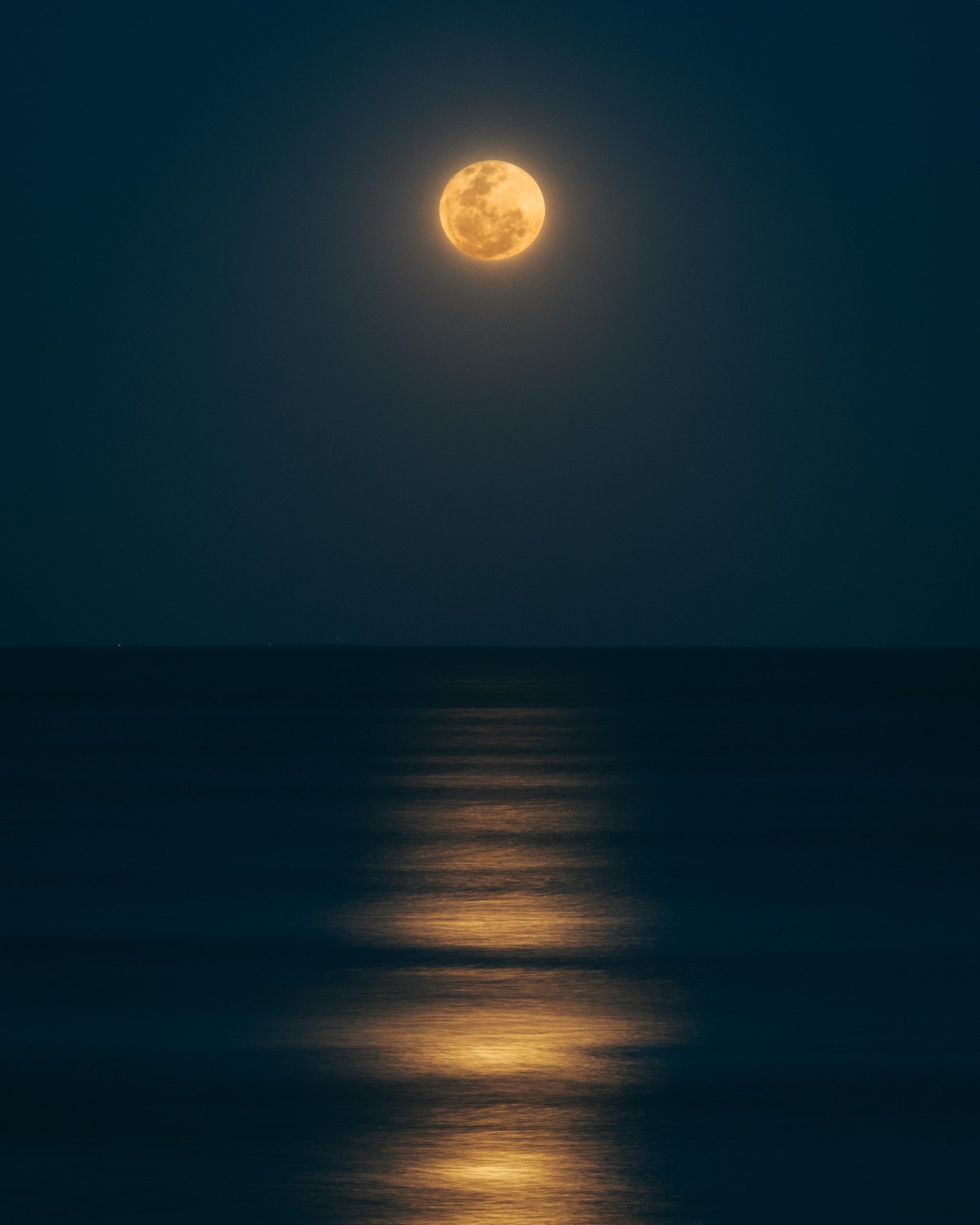The Waxing Crescent Moon and its Impact on Sleep Patterns
Have you ever noticed that sometimes you struggle to fall asleep or experience restless nights without any obvious reason? Well, you may be surprised to learn that the waxing crescent phase of the moon could be playing a significant role in disrupting your sleep patterns. While it may sound like an old wives’ tale or just a myth, there is scientific evidence to suggest that the moon’s phases can indeed influence our sleep. In this blog post, we will explore the fascinating connection between the waxing crescent moon and sleep, backed by research and expert opinions.
Understanding the Moon’s Phases
Before delving into how the waxing crescent moon affects sleep, let’s briefly understand the different phases of the moon. The lunar cycle consists of eight distinct phases, with the waxing crescent being the second phase:
1. New Moon: The moon is not visible from Earth.
2. Waxing Crescent: A small sliver of the moon is visible, resembling a crescent shape.
3. First Quarter: Half of the moon is illuminated, resembling a semi-circle.
4. Waxing Gibbous: More than half of the moon is illuminated, but less than a full moon.
5. Full Moon: The entire face of the moon is visible, appearing as a complete circle.
6. Waning Gibbous: Similar to the waxing gibbous phase but decreasing in illumination.
7. Third Quarter: Similar to the first quarter phase but decreasing in illumination.
8. Waning Crescent: Similar to the waxing crescent phase but decreasing in illumination.
The Link between the Waxing Crescent Moon and Sleep
Numerous studies have explored the potential connection between the phases of the moon and human sleep patterns, and while the findings are not definitive, there is some evidence to support the idea that the waxing crescent moon can disrupt our sleep. Researchers hypothesize that the gravitational pull of the moon during this phase may impact our internal biological rhythms, commonly known as circadian rhythms.
The Role of Circadian Rhythms
Circadian rhythms are internal processes that regulate our sleep-wake cycle, hormone production, and other physiological functions. These rhythms are influenced by external cues, such as light and temperature, to synchronize our bodies with the natural environment. The most crucial cue for regulating circadian rhythms is the Earth’s 24-hour light-dark cycle. However, some individuals may be more sensitive to environmental factors, including lunar phases, which can affect their sleep patterns differently.
Scientific Studies and Findings
One study published in the journal Current Biology in 2013 found that participants exhibited a decrease in melatonin levels, a hormone responsible for regulating sleep, during the waxing crescent phase of the moon. The study involved monitoring the sleep patterns of participants in a controlled environment and analyzing their melatonin levels during different moon phases. The results showed a reduction in melatonin production during the waxing crescent phase, suggesting a potential disruption in sleep quality.
Another study conducted in 2014 and published in the journal Psychiatry and Clinical Neurosciences explored the relationship between sleep quality and lunar phases. Researchers collected data from individuals suffering from sleep disorders and found that sleep efficiency, total sleep time, and delta power, an indicator of deep sleep, were significantly reduced during the waxing crescent phase. These findings further support the idea that the moon’s phases can influence the quality and duration of our sleep.
However, it is important to note that not all studies have found a link between lunar phases and sleep disturbances. Some researchers argue that factors such as age, personal beliefs, environmental conditions, and mental health may play a more significant role in sleep disruptions than lunar cycles. The topic remains a subject of ongoing scientific debate, and more research is needed to establish a conclusive link between the waxing crescent moon and sleep disturbances.
Practical Tips for Better Sleep during the Waxing Crescent Phase
If you find yourself experiencing sleep disturbances or insomnia during the waxing crescent phase, there are several practical steps you can take to improve your sleep:
- Establish a consistent sleep routine: Going to bed and waking up at the same time every day helps regulate your circadian rhythms and strengthen your sleep-wake cycle.
- Create a sleep-friendly environment: Ensure your bedroom is dark, quiet, and cool to promote optimal sleep conditions.
- Avoid stimulating activities before bed: Engaging in electronic devices, intense exercise, or consuming caffeinated beverages close to bedtime can disrupt your sleep.
- Practice relaxation techniques: Incorporating relaxation exercises such as deep breathing, meditation, or gentle stretching before bed can calm your mind and prepare your body for sleep.
- Consider natural sleep aids: If you continue to experience difficulties sleeping, you may try incorporating natural sleep aids like herbal teas, essential oils, or melatonin supplements (under medical supervision) to improve sleep quality.
Remember, each individual is unique, and while some may notice a connection between the waxing crescent phase and sleep disruptions, others may not experience any significant changes. It is essential to explore what works best for you and consult with a healthcare professional if sleep disturbances persist or worsen.
Conclusion
While the scientific evidence is not yet definitive, numerous studies suggest that the waxing crescent phase of the moon may have an impact on our sleep patterns. The gravitational pull and the potential disruption of melatonin production during this phase could lead to sleep disturbances for some individuals. However, personal factors, environmental conditions, and mental health should also be considered when assessing sleep quality. By practicing good sleep hygiene and adopting relaxation techniques, you can promote a healthy sleep routine and minimize any potential disruptions during the waxing crescent phase. Remember, finding what works best for you is key to achieving optimal sleep.
Table of Contents
